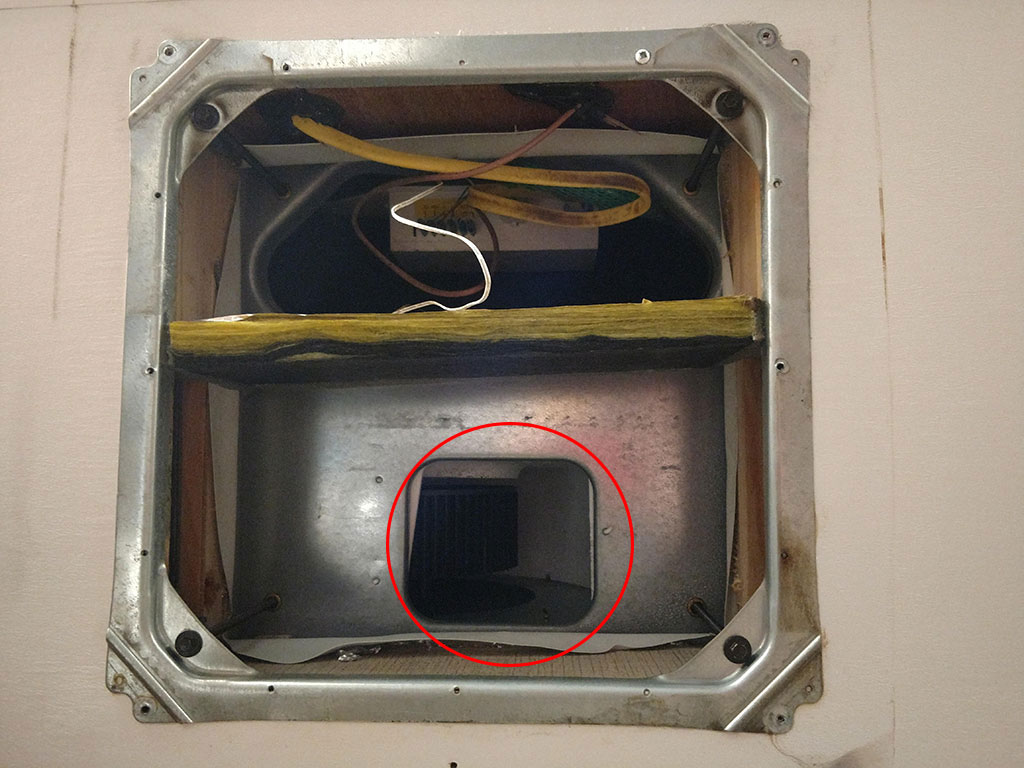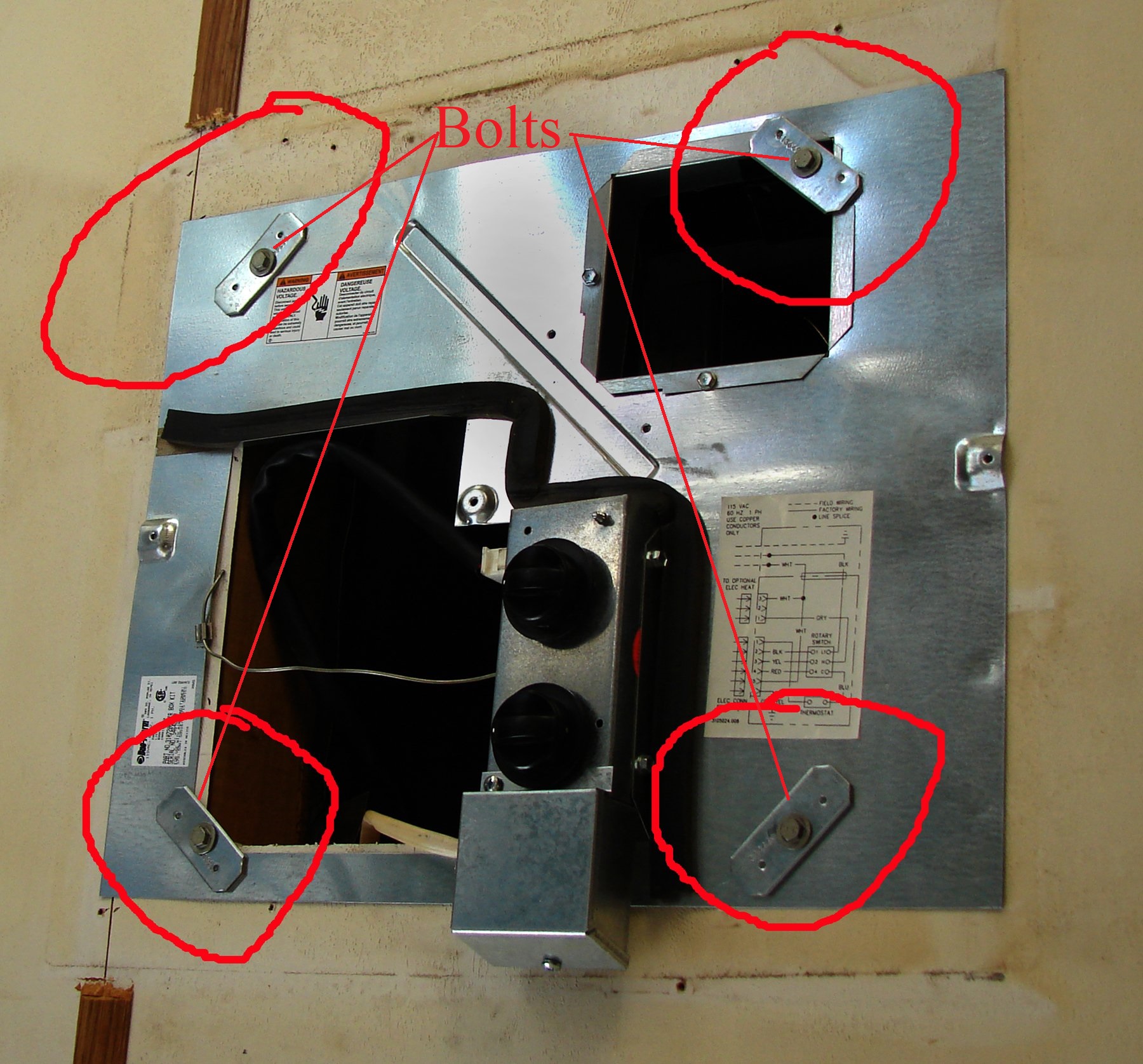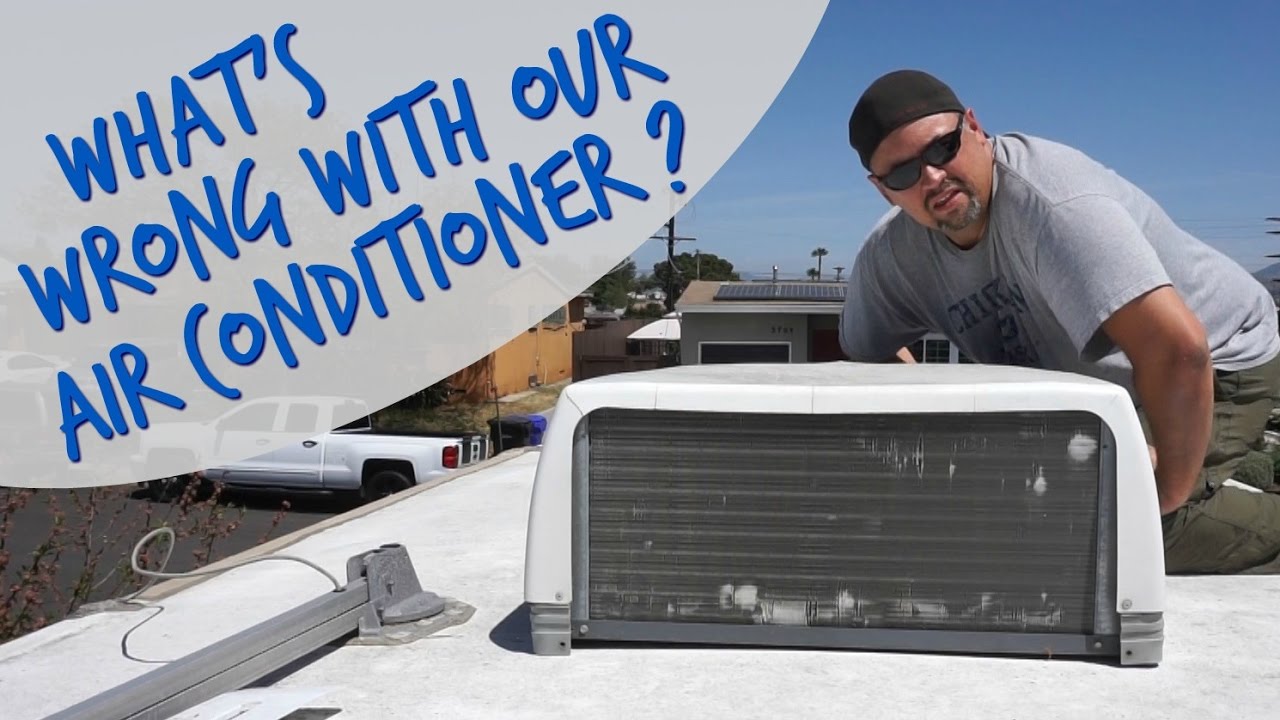Your RV AC is likely leaking water inside due to a clogged condensate drain line or a damaged gasket. Water leaks can also occur from excess condensation or a malfunctioning pump.
Owning an RV can be a thrilling experience, allowing you to explore the great outdoors with comfort and convenience. However, dealing with issues like water leaks inside your RV can be frustrating and disruptive to your travels. Understanding the common causes of RV AC leaks and how to troubleshoot them can help you quickly resolve the issue and get back to enjoying your adventures on the road.
In this guide, we will explore why your RV AC may be leaking water inside and provide practical tips on how to address this problem effectively.
Common Causes Of Rv Ac Leaks
RV AC leaks can be caused by various issues, including clogged drain lines, damaged gaskets, or a malfunctioning condensate pump. These issues can lead to water accumulation inside the RV, causing damage to the interior and potentially leading to mold growth.
Regular maintenance and inspections can help prevent these leaks and ensure the proper functioning of the RV AC system. There are several reasons why your RV AC may be leaking water inside, and it’s important to identify the cause so you can fix the problem before it causes damage to your RV. Here are some of the most common causes of RV AC leaks:
Clogged Drain Line
A clogged drain line is one of the most common causes of RV AC leaks. Over time, dirt, dust, and debris can accumulate in the drain line, causing it to become clogged. When this happens, the water that condenses on the evaporator coil has nowhere to go and can overflow into your RV. To prevent this from happening, it’s important to clean the drain line regularly. You can do this by using a wet/dry vacuum to remove any debris from the drain line or by using a wire brush to clean it out.
Damaged Seal Or Gasket
Another common cause of RV AC leaks is a damaged seal or gasket. Over time, the seals and gaskets on your RV AC unit can become worn or damaged, allowing water to leak through. If you suspect that the seal or gasket on your RV AC unit is damaged, you should have it inspected by a professional. They can determine whether the seal or gasket needs to be repaired or replaced.
Frozen Evaporator Coil
A frozen evaporator coil can also cause your RV AC unit to leak water inside. When the evaporator coil freezes, it can cause the water that condenses on the coil to overflow and leak into your RV. This can happen if the air filter is dirty, the refrigerant levels are low, or the unit is not properly maintained. To prevent this from happening, it’s important to replace the air filter regularly, have the refrigerant levels checked by a professional, and have your RV AC unit serviced regularly.
Condensation
Finally, condensation can also cause your RV AC unit to leak water inside. When the air inside your RV is cooler than the air outside, condensation can form on the AC unit and drip into your RV. This can happen if the unit is not properly insulated or if there are gaps in the seal around the AC unit. To prevent this from happening, it’s important to ensure that your RV is properly insulated and that there are no gaps in the seal around the AC unit.

Credit: community.goodsam.com
Troubleshooting Steps
When your RV AC is leaking water inside, it can be frustrating and inconvenient. However, there are troubleshooting steps you can take to identify and resolve the issue. By following these steps, you can pinpoint the source of the leak and take the necessary measures to fix it.
Inspecting The Drain Line
To begin troubleshooting the water leak inside your RV AC, start by inspecting the drain line. Remove the access panel to locate the drain line, which is typically located near the evaporator coils. Check for any blockages or kinks in the line that may be causing water to back up and leak inside the RV. Ensure that the drain line is securely connected and free from any obstructions that could impede proper drainage.
Checking For Seal Damage
Next, it’s important to check for seal damage around the AC unit. Inspect the gaskets and seals to identify any signs of wear, cracks, or gaps that could be allowing water to seep into the RV. Replace any damaged seals to create a watertight barrier and prevent further leakage. Ensure that the AC unit is properly sealed to prevent water from entering the interior of the RV.
Cleaning The AC Unit
Another crucial troubleshooting step is to clean the AC unit to remove any accumulated dirt, debris, or mold that may be obstructing the drainage system and causing water to leak inside the RV. Carefully clean the evaporator coils, condensate pan, and drainage components to ensure unobstructed water flow and proper drainage. Regular maintenance and cleaning can help prevent future water leaks and ensure the efficient operation of your RV AC unit.
Preventive Maintenance
Preventive maintenance is crucial for keeping your RV AC system in top working condition, ensuring it doesn’t leak water inside. By taking proactive measures, you can avoid potential issues that may lead to water leakage and costly repairs.
Regular Drain Line Cleaning
Regular cleaning of the drain line is essential to prevent clogs and blockages that can cause water to back up and overflow into your RV. Use a mixture of warm water and vinegar to flush out any debris and buildup from the drain line at least once a month.
Seal And Gasket Inspection
Regular inspection of seals and gaskets helps to identify any signs of wear, damage, or deterioration that could lead to water leaks. Ensure that the seals around the AC unit and the gaskets on the access panels are intact and free from cracks or gaps.

Credit: www.doityourselfrv.com
Professional Help
If you have tried all the DIY hacks to fix your RV AC and it’s still leaking water inside, it may be time to seek professional help. In this section, we’ll discuss when to call a professional and how to choose a qualified RV AC technician.
When To Seek Professional Assistance
If you notice that your RV AC unit is leaking water inside, you should take immediate action. Ignoring the issue can lead to serious damage to your RV’s interior and electrical systems. Here are some signs that you need professional help:
- Water is dripping from the AC unit or vents
- The AC unit is making unusual noises
- The AC unit is not cooling your RV properly
- You have tried DIY fixes, but the problem persists
If you experience any of these issues, it’s time to call in a professional.
Choosing A Qualified RV AC Technician
Choosing the right RV AC technician is essential for getting your AC unit fixed quickly and efficiently. Here are some tips for choosing a qualified technician:
- Ask for recommendations from other RV owners
- Check the technician’s credentials and certifications
- Read reviews of the technician online
- Ask for a written estimate before any work is done
- Ensure the technician offers a warranty on their work
By following these tips, you can find a qualified RV AC technician who will fix your AC unit and prevent further damage to your RV.

Credit: m.youtube.com
Frequently Asked Questions
How Do I Stop My AC unit From Leaking Water Inside?
To stop your AC unit from leaking water inside, check the condensate drain for clogs and clear them. Ensure the unit is level and the drain pan is not damaged. Regularly replace the air filter and schedule professional maintenance.
Why Does My RV Air Conditioner Leak Water Inside?
An RV air conditioner leaks water inside due to clogged drainage tubes or a damaged gasket, causing water to overflow. Regular maintenance helps prevent leaks.
Why Is My Air Conditioner Leaking Water Internally?
Air conditioner leaks water internally due to clogged drain lines, dirty air filters, or low refrigerant levels. Regular maintenance can prevent this issue.
How Does An RV Air Conditioner Drain?
An RV air conditioner drains through a small drain hole located at the bottom of the unit. The condensation collected during the cooling process is funneled out through this hole.
Conclusion
If you notice your RV AC leaking water inside, it could be due to various reasons. Regular maintenance and inspection can help prevent this issue. Keep your RV cool and dry by addressing leaks promptly. Understanding the causes will help you tackle the problem effectively.
Stay proactive for a hassle-free RV experience.

